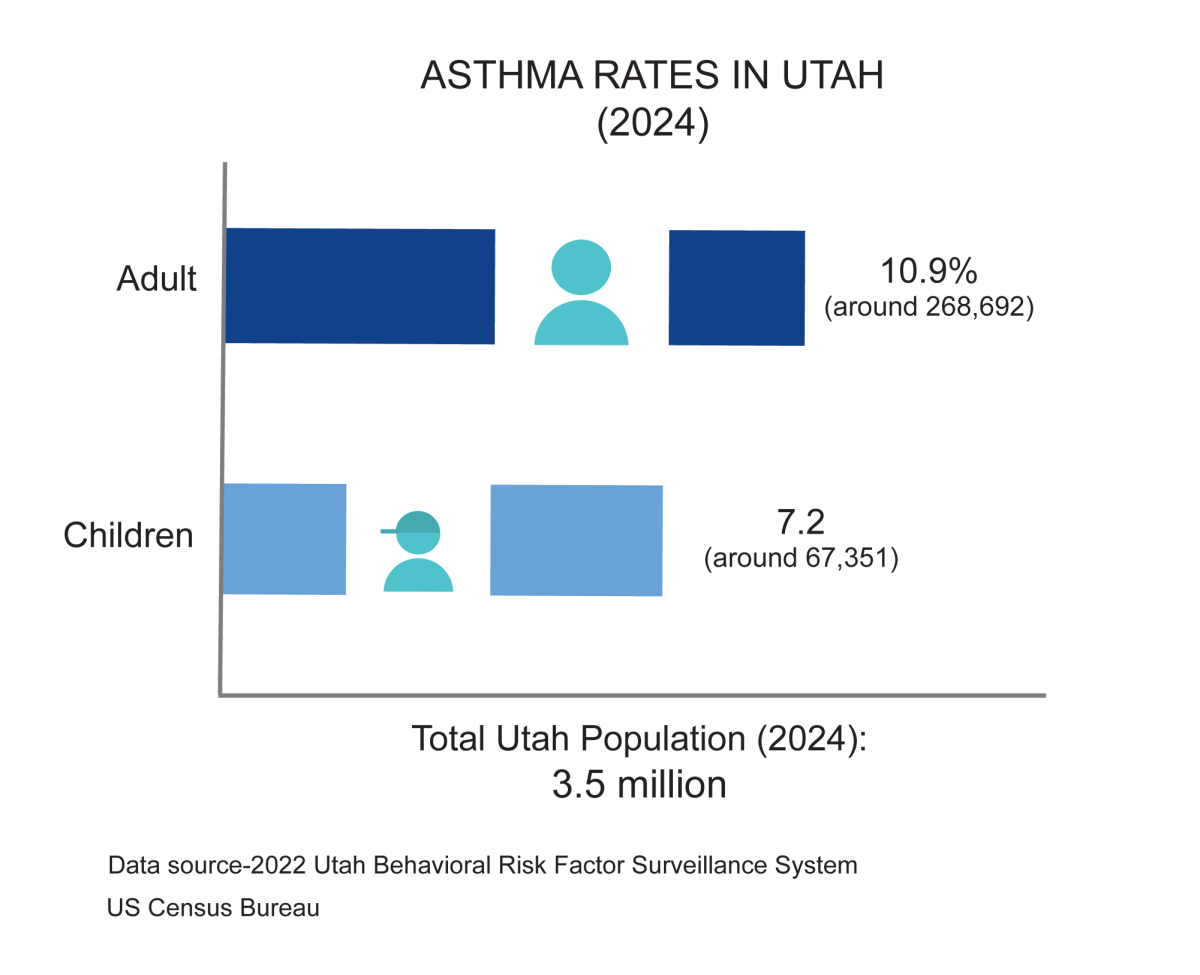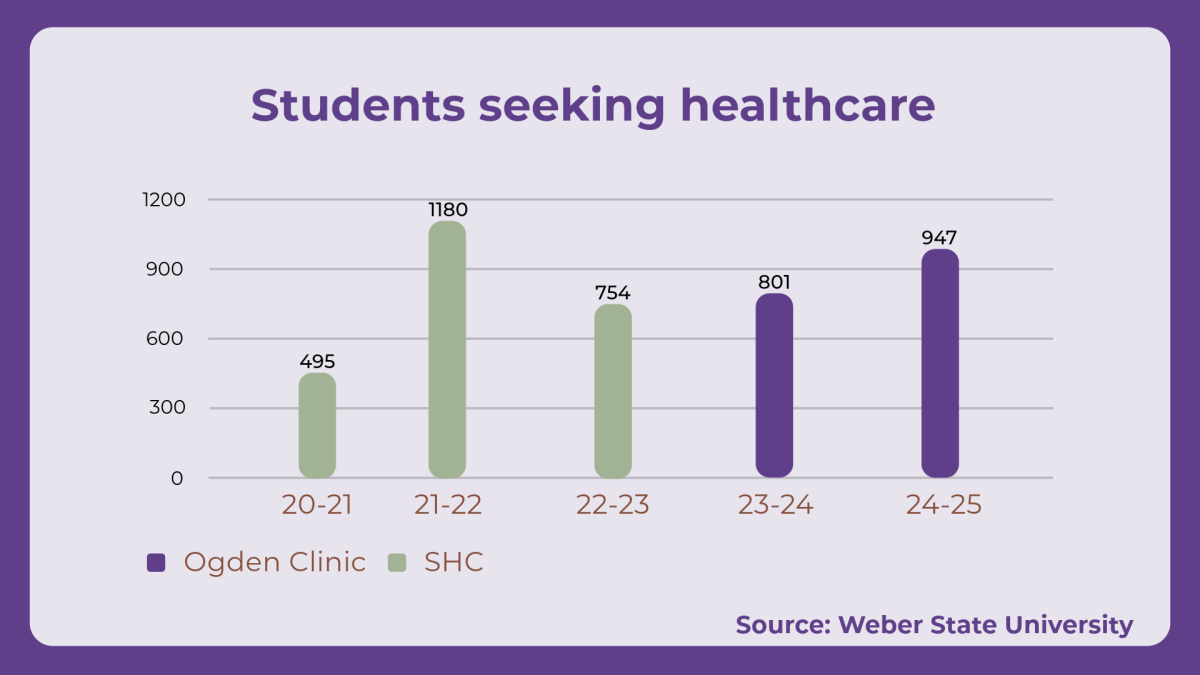
Assistant athletic performance professor Jordan Utley knows all about dehydration.
“It is typical for us to weigh athletes before and after practice to measure how much weight is lost through sweating,” she said. “If more than a certain amount is lost, the athlete must sit out until the body fluids are replenished.”
But dehydration doesn’t just happen to athletes. According to Runner’s World Magazine, almost all of the energy put into any type of physical activity is immediately turned into heat and raises the internal temperature of the body. This increase in temperature causes millions of glands in the body to flare up and begin producing sweat. As sweat forms, it picks up a combination of the body’s elements, such as calcium, sodium, potassium, magnesium, zinc, copper and lead, on its way out.
The majority of sweat, however, is water, because the human body is nearly 70 percent water. This means for a 160-pound person, 70 percent of his or her weight is roughly 11 gallons, which is almost the size of a gas tank in the average-sized car.
Water is dispersed throughout all of the organs in the body. According to World Wide Water, an organization dedicated to water education, the skin is 64 percent water, the brain and heart are each 73 percent, and even bones are 31 percent water.
“Water is an essential element in every process in the body,” Utley said. “When we have a limited supply, systems must run slower or halt. (This) can lead to heat illness and death.”
With that much need for water in the body, it can be difficult to stay hydrated.
“It sucks! I got dehydrated while playing football,” said Curtis Cosgrove, a Bachelor of Integrated Studies major. “I got a huge headache and then I lost energy. I felt super weak.”
While the signs of dehydration are often associated with sweating and thirst, its effects are far beyond simply craving a glass of water.
“Dehydration often presents with a headache, lethargy and slight confusion,” Utley said. “By the time the hypothalamus signals the brain to display thirst, the body has already begun to be dehydrated.”
Staying hydrated during the summer is especially important. Josh Lloye, a medical laboratory science major, said he found that out the hard way.
“While hiking this past weekend, everything started to go white, and I was borderline passing out a few times,” he said. “I should’ve been drinking more water.”
Utley said the best way to determine if the body is getting enough water is to check that the urine is a light, almost clear, yellow color. If it is any darker than that, then the individual dehydrated. The Mayo Clinic suggests that men drink about 13 cups of water and that women drink nine cups of water daily. That much water is about the size of two Double Gulps from 7-Eleven — not two Double Gulps of Diet Coke or Red Bull (even during finals week). It matters what the body takes in as fuel. According to Utley, even sports drinks such as Gatorade and Powerade should be used with caution.
“(These) are best absorbed when (they) are at concentrations lower than 8 percent carbohydrates by volume,” Utley said.
A typical 32-ounce Gatorade would provide almost triple the amount of carbohydrates that Utley recommends for trying to stay hydrated.
“Be aware of this, (because) increasing amounts of carbohydrates may cause stomach cramping,” Utley said.
If dehydration does strike, Utley recommends resting and drinking cold fluids.
“Contrary to popular belief, the temperature of the water matters,” she said. “Although room-temperature water may absorb faster in the body, cooler water encourages us to drink more.”



















